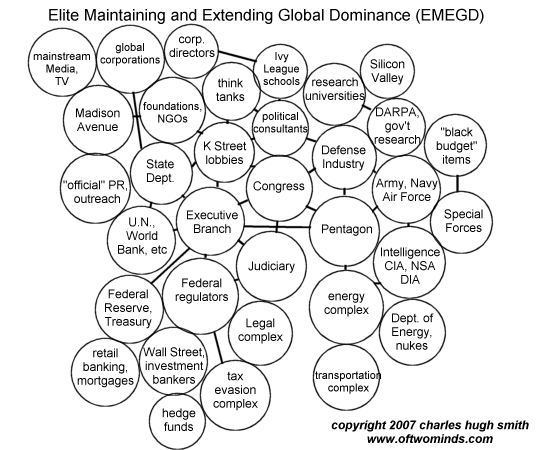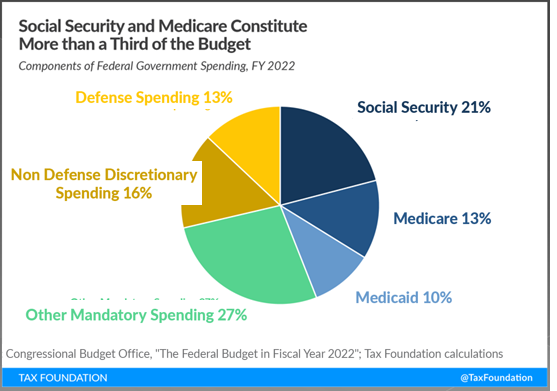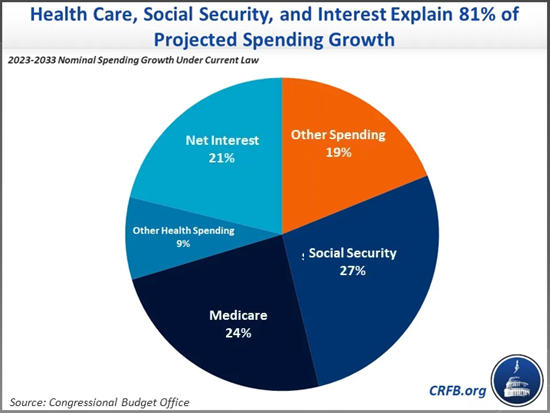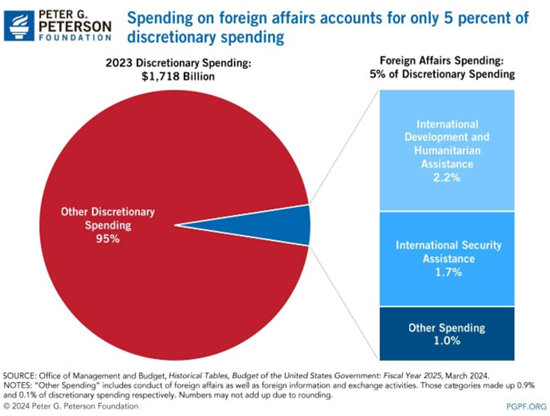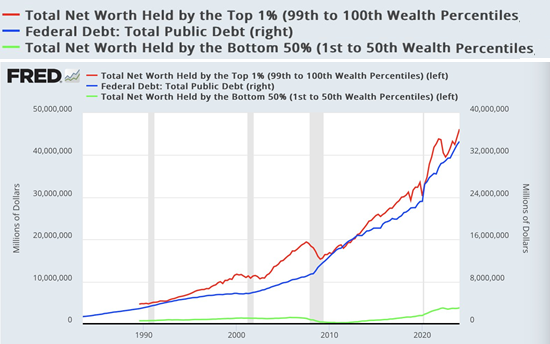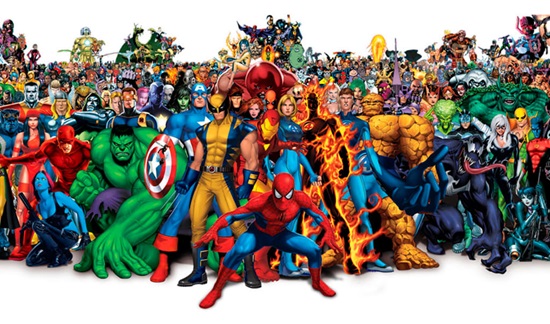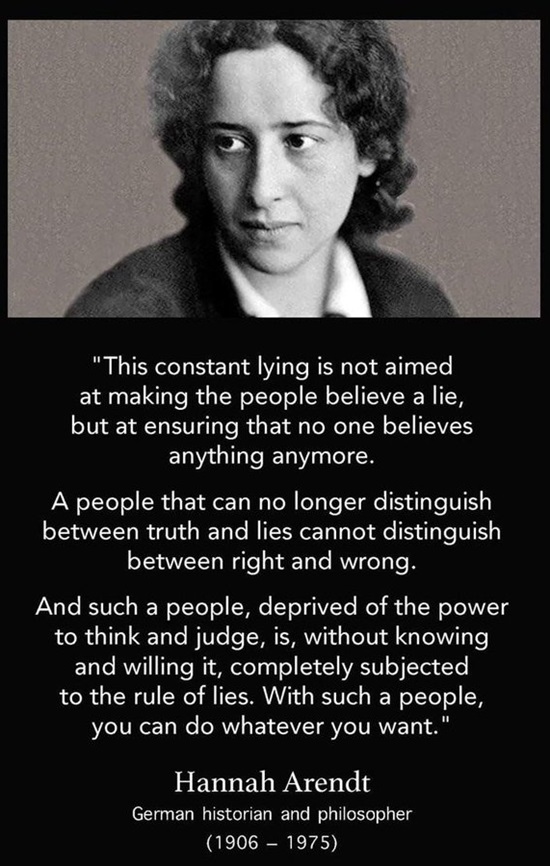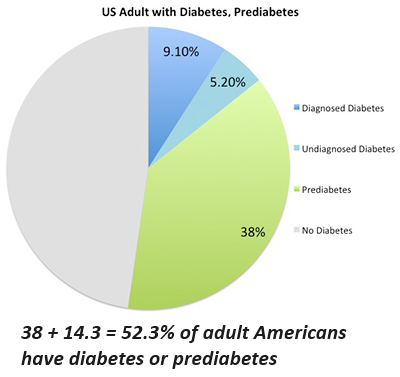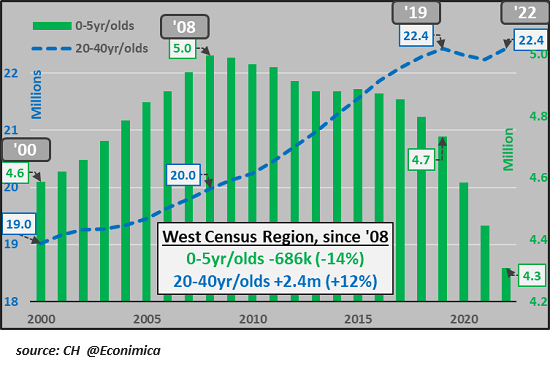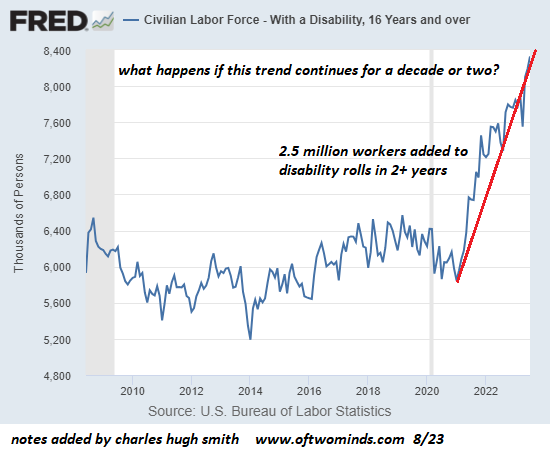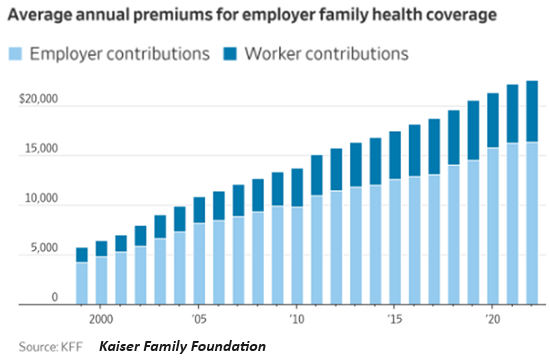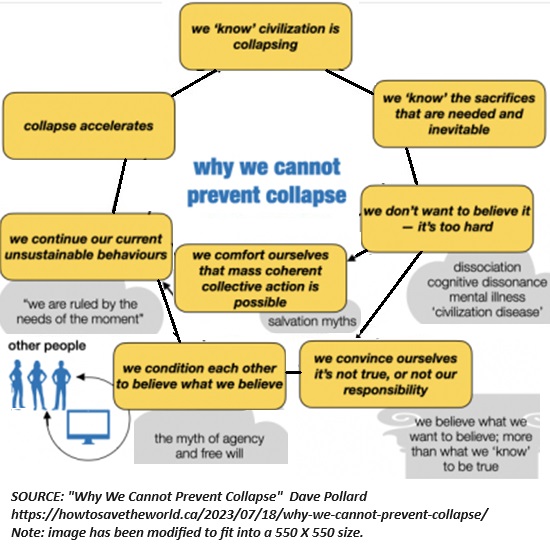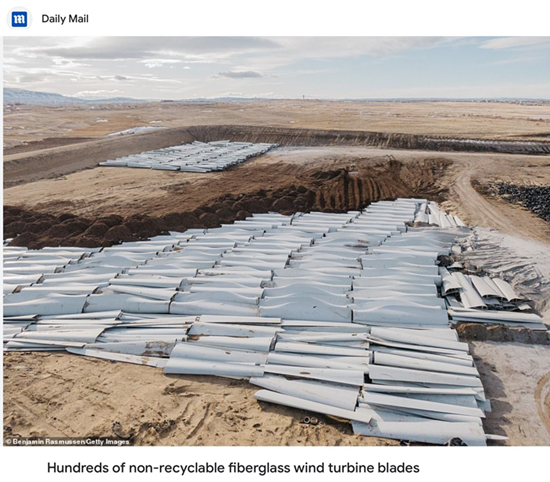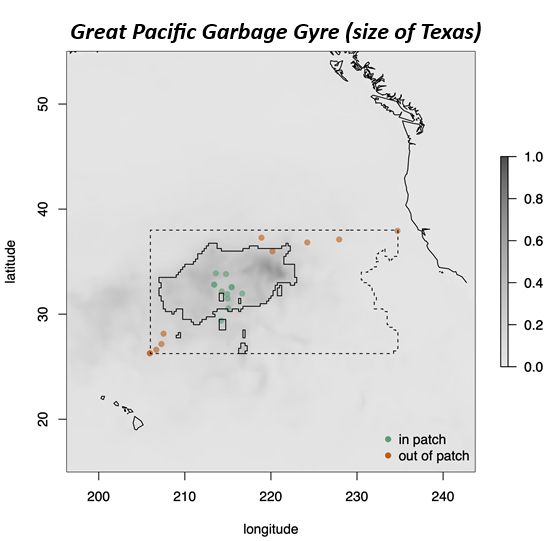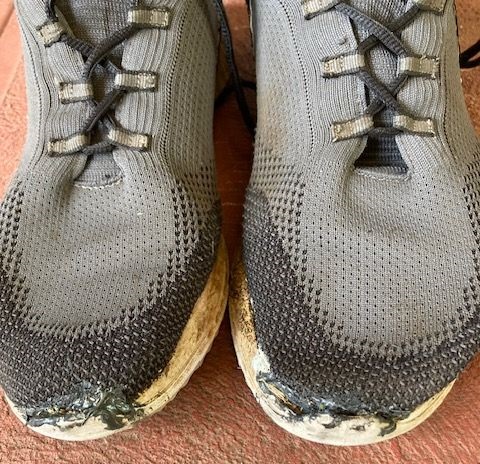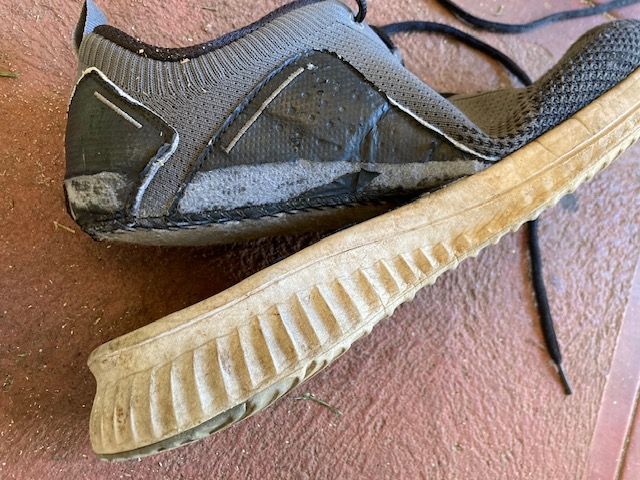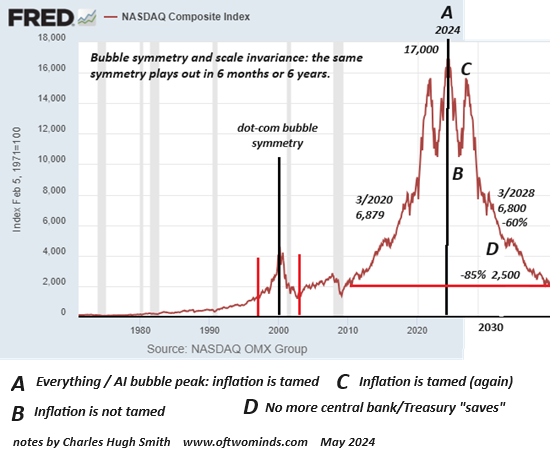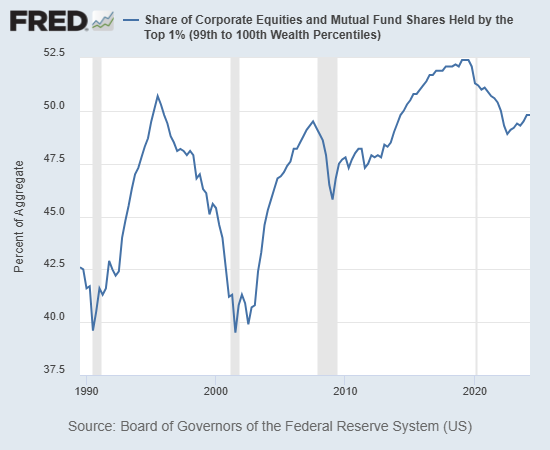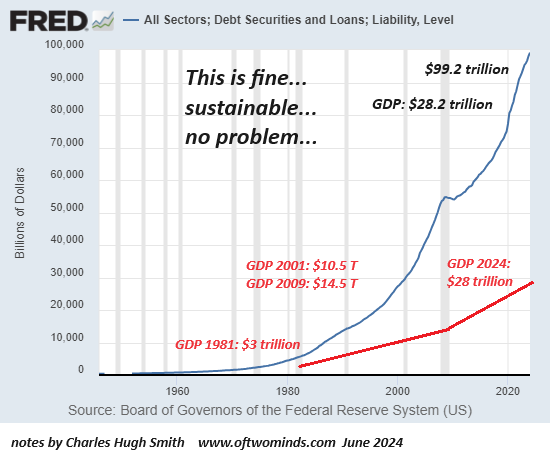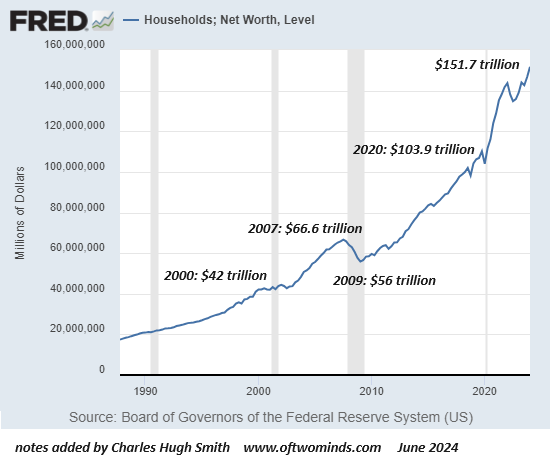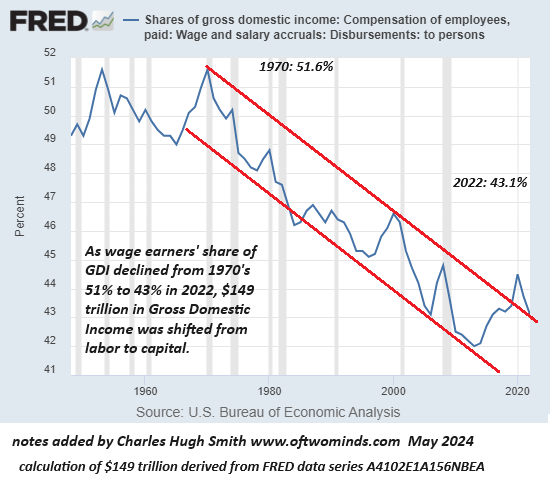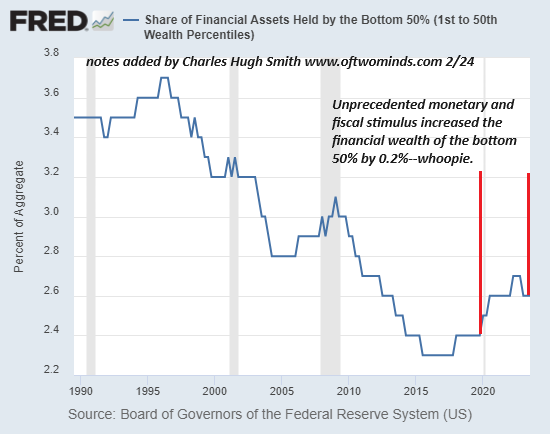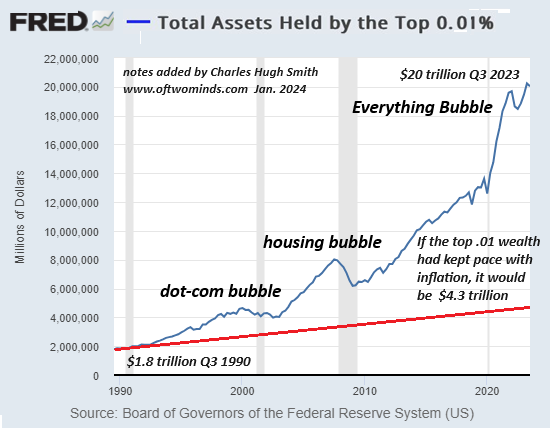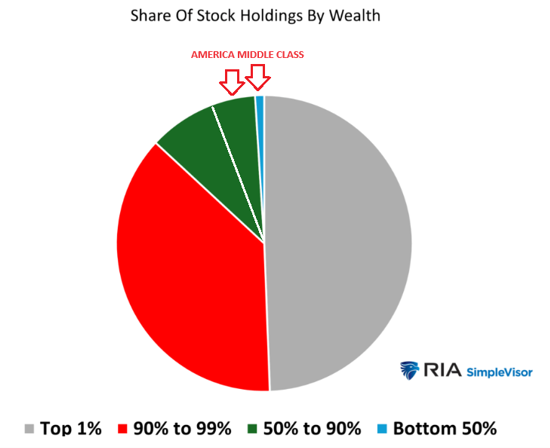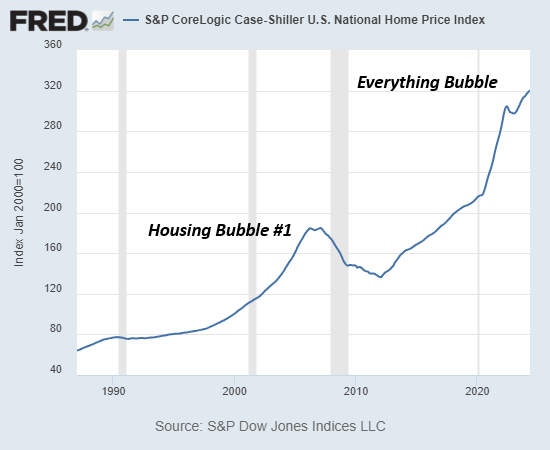Really Authentic Authenticity Package (TM) now 50% Off
What renders everything phony, BS, inauthentic, is that everything important is cloaked to hide the deeply artificial nature of the entire setup.
You know it's all phony, all artifice, all BS, and so we're delighted to offer our really authentic Authenticity Package (TM) to special people like you for a one-time 50% discount. Sure, you could book a flight to the temples and walk the same pathways as the spiritual masters of old, but you wouldn't be getting the full authentic experience because our guides are truly authentic and so our packaged, commoditized tour is the Real Deal (TM). Anything else is, well, unworthy of your social media feeds.
I've often noted here that it's impossible to parody Everyday Life (TM) now because everything is already a parody of itself. The Black Friday frenzy is a parody of a dark comedy of people jostling to get the hot deal on a TV they don't need "but it's so cheap, how can I resist?"
The Authentic Tour of the Place Ruined by Tourism (TM) is a self-parody, as there's nothing remotely authentic left in places that depend on tourist spending for their livelihoods, including jobs as "cultural guides" to a golden past before tourism ruined the place.
My commish on the Authentic Spiritual Adventure Walking Tour (TM) is my livelihood, and the "value proposition" of the tour is its claim to authenticity via my authentic interest in Authentic Spiritual Adventures.
Can we experience a fabulously authentic visit to a romanticized, heavily promoted high-status destination and keep it entirely private? You're joking--what would be the point? The black holes of insecurity are bottomless, and a private life offers no grist for the status-seeking frenzy to establish a self and identity worthy of public approval, admiration and envy, and so there is literally no point in having an experience that can't be shared online to score "I am worthy of notice" points.
Insecurity demands consumption to validate our existence. Without ownership of assets, products, services and experiences, we cease to exist other than as a shadow of a shadow. We desire to save money so we can consume more with our limited means. If our means are essentially unlimited, we quickly become self-parodies of status-seeking wealth.
Hey, buddy, I see adverts on your website. Yes, you do, and so let's start with the artifice that the Internet is "free." There's nothing "free" about the Internet; it costs billions of dollars to operate and maintain. We all have to pay to access it, and those who post content "for free" are paying for the server space, either upfront in cash (as I do), or by sharing the revenues platforms generate from our "free content" by selling data collected from those "engaging" our content or by selling adverts.
So yes, I sell my writing here, and sell space to an advert enterprise to offset the costs of offering "content for free." Recall that if there's no price tag, we're the product being sold behind the facade of "free."
The inauthenticity arises from the claims being implicitly added to whatever is actually being sold. The brand that is cashing in on its reputation for quality by selling products of inferior quality is adding an implicit "value proposition" of quality that isn't real: the product is rubbish, designed and destined to fail or be obsoleted by software upgrade cycles.
To present a commoditized package as "authentic" is itself a parody of actual authenticity, which is by its very nature unique, personal, private and therefore opaque to exploitation. The same can be said of the frenzy to present status signifiers as the means of sustaining a fragile sense of selfhood that withers away without a constant flow of validation from the outside world.
Hiding where the money is coming from and what's actually being transacted renders the whole thing phony, artificial and inauthentic. So where is the ostentatiously ascetic guru living without a mobile phone getting his money from? Oh, he's a tenured professor at a local public university, drawing a handsome salary and benefits package, and a lifetime guarantee of income courtesy of the taxpayers. No wonder he can market his high-status asceticism so freely.
What's phony is getting paid by shadowy state entities to post high-minded "think-tank" content under the guise of "public service" while pimping propaganda. Grubbing for money in the open is an honest portrayal of what's being transacted. I once passed a beggar on the sidewalk holding a cardboard sign about a "Jedi Mind Trick." The transaction was a bit of humor, a smile in the urban dreariness. I gave him some green in payment for the humor. It was a fair and open transaction, everything was transparent.
I am sitting right next to that beggar. Here is my writing and my begging bowl. If I add something to your life, and you feel like tossing in some green, thank you very much. If not, that's OK, too. Everything here on the sidewalk is offered for "free," with the understanding that everything offered for "free" takes time and effort.
What renders everything phony, BS, inauthentic, is that everything important is cloaked to hide the deeply artificial nature of the entire setup: what's actually being sold and transacted is purposefully opaque, along with the "value proposition," i.e. what's completely phony that's being sold as authentic.
We might also ask: when did the economy become dependent on selling phony claims of value rather than transparent value?
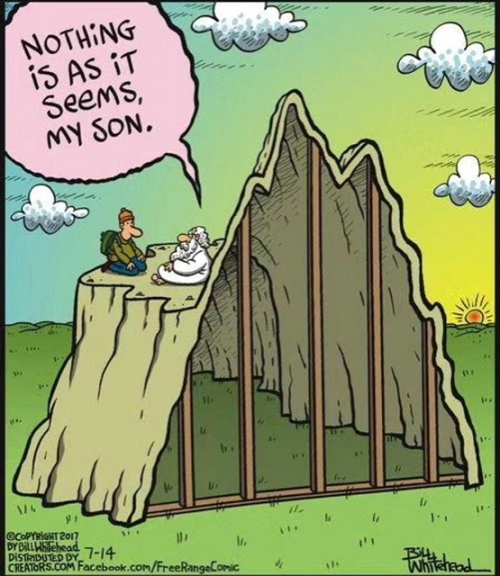
My recent books:
Disclosure: As an Amazon Associate I earn from qualifying purchases originated via links to Amazon products on this site.
The Mythology of Progress, Anti-Progress and a Mythology for the 21st Century print $18, (Kindle $8.95, Hardcover $24 (215 pages, 2024) Read the Introduction and first chapter for free (PDF)
Self-Reliance in the 21st Century print $18, (Kindle $8.95, audiobook $13.08 (96 pages, 2022) Read the first chapter for free (PDF)
The Asian Heroine Who Seduced Me (Novel) print $10.95, Kindle $6.95 Read an excerpt for free (PDF)
When You Can't Go On: Burnout, Reckoning and Renewal $18 print, $8.95 Kindle ebook; audiobook Read the first section for free (PDF)
Global Crisis, National Renewal: A (Revolutionary) Grand Strategy for the United States (Kindle $9.95, print $24, audiobook) Read Chapter One for free (PDF).
A Hacker's Teleology: Sharing the Wealth of Our Shrinking Planet (Kindle $8.95, print $20, audiobook $17.46) Read the first section for free (PDF).
Will You Be Richer or Poorer?: Profit, Power, and AI in a Traumatized World
(Kindle $5, print $10, audiobook) Read the first section for free (PDF).
The Adventures of the Consulting Philosopher: The Disappearance of Drake (Novel) $4.95 Kindle, $10.95 print); read the first chapters for free (PDF)
Money and Work Unchained $6.95 Kindle, $15 print) Read the first section for free
Become a $3/month patron of my work via patreon.com.
Subscribe to my Substack for free
NOTE: Contributions/subscriptions are acknowledged in the order received. Your name and email remain confidential and will not be given to any other individual, company or agency.
|
Thank you, Shane H. ($70), for your monstrously generous subscription to this site -- I am greatly honored by your support and readership. |
Thank you, Howard S. ($70), for your superbly generous subscription to this site -- I am greatly honored by your support and readership. |
|
|
Thank you, Robust Estimator ($70), for your marvelously generous subscription to this site -- I am greatly honored by your support and readership. |
Thank you, Whole Sight ($7/month), for your splendidly generous subscription to this site -- I am greatly honored by your support and readership. |




















